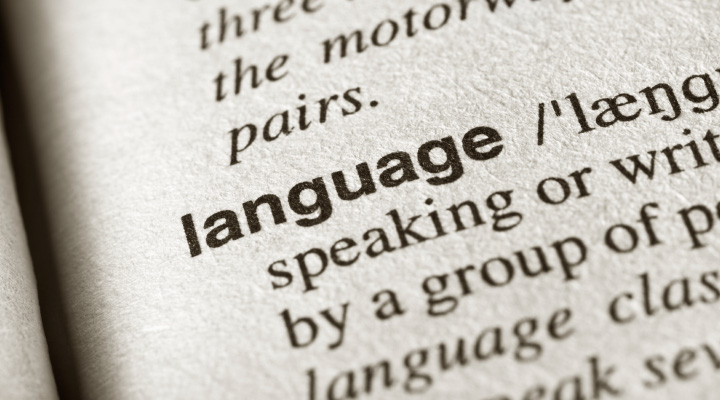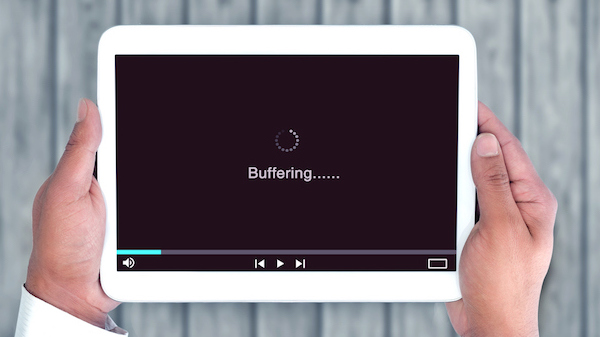CASE STUDY
Which 2 Behavioral Science Interventions were Key to Boosting a Startup’s Leads by 115%?
Who:
With its powerful platform and responsive customer service, Algentis provides leading startups with everything from HR and insurance to payroll and benefits.
Challenge:
To date, most of their clients came from referrals. Although entrusted by the “Who’s Who” of Silicon Valley startups, Algentis’ lead was beginning to lose ground to competitors with slicker sites. New prospects were turned off by the generic landing page and unconvinced of their technological superiority. Could Behavioral Science recapture their momentum?
Solution:
We applied several Behavioral Science interventions to capture interest and influence consumer behavior. Below you’ll learn how to use two key psychology in marketing techniques: "strategic labeling" and "bandwagon effect".
Guiding behavior with "strategic labeling".
What is "strategic labeling"? It’s when you assign someone with a trait or attitude and then ask them to act that way. This psychological phenomenon has been proven to work. When research subjects were labeled “above average citizens”, they were 15% more likely to vote in the next election.
How we used strategic labeling. Since the target audience was startup founders, we called them something that would activate them: “Savvy Entrepreneurs”. We also featured testimonials, videos and photos of well-known serial entrepreneurs throughout the site to authenticate the label. When strategic labeling resonates, you can tap into a powerful sense of recognition and aspiration.
Not only did the target audience identify with being a Savvy Entrepreneur themselves, there was massive credibility involved. These featured founders who used Algentis as part of their overall strategy were practically the definition of a Savvy Entrepreneur. We made the label stick and successfully guided consumer behavior.
Spreading beliefs through the "bandwagon effect".
When applying psychology in marketing, start with the so-called bandwagon effect. It’s one of the most well-documented influences on buyer behavior. Beliefs spread because people pay attention to what works for others. Have you ever chosen a restaurant because there’s a long line? You’re not alone. People tend to do (or believe) things because others do.
We tapped into this groupthink phenomenon for a specific target audience: early stage startup founders. By using language, humor and concepts that resonated with Silicon Valley entrepreneurs, we reinforced a shared identity and triggered a sense of trust and approval.

Results:
Applying these and several other Behavioral Science interventions paid off. Algentis saw a significant change in consumer behavior:

“Our rate of incoming qualified leads jumped by 115%.”
Brian Helmick, Founder, Algentis







